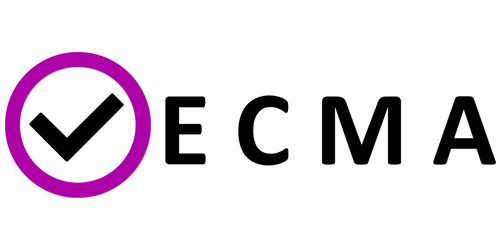The purpose of this project is to enable a diverse set of multiscale, multiphysics appli-cations — from fusion and advanced materials through climate and migration, to drug dis-covery and the sharp end of clinical decision making in personalised medicine — to run on current multi-petascale computers and emerging exascale environments with high fidelity such that their output is «actionable». That is, the calculations and simulations are certifiable as validated (V), verified (V) and equipped with uncertainty quantification (UQ) by tight error bars such that they may be relied upon for making important decisions in all the domains of concern.
The central deliverable is an open source toolkit for multiscale VVUQ based on generic multiscale VV and UQ primitives, to be released in stages over the lifetime of this project, fully tested and evaluated in emerging exascale environments, actively promoted over the lifetime of this project, and made widely available in European HPC centres.
The project includes a fast track that will ensure applications are able to apply available multiscale VVUQ tools as soon as possible, while guiding the deep track development of new capabilities and their integration into a wider set of production applications by the end of the project. The deep track includes the development of more disruptive and automated algorithms, and their exascale-aware implementation in a more intrusive way with respect to the underlying and pre-existing multiscale modelling and simulation schemes.
The potential impact of these certified multiscale simulations is enormous, and we have already been promoting the VVUQ toolkit (VECMAtk) across a wide range of scientific and social scientific domains, as well as within computational science more broadly. We have made ten releases of the toolkit with the dedicated website at https://www.vecma-toolkit.eu/ available for public users to access, download and use.
To further develop and disseminate the VECMAtk, we have been working with the Alan Turing Institute to jointly run the planned event of Reliability and Reproducibility in Computational Science: Implementing Verification, Validation and Uncertainty Quantification in silico. The event comprised as part of it the first VECMA training workshop in January 2020.
Ahead of this event, we had run a VECMA hackathon event in association with VECMAtk in September 2019.
We held an online conference: Multiscale Modelling, Uncertainty Quantification and the Reliability of Computer Simulations in June 2020. The conference was a combination of three events that were due to take place at the SIAM Conference on Uncertainty Quantification (UQ20) and the International Conference on Computational Science (ICCS) 2020. These events associated with VECMAtk have participation from some of our external users from industry and government who use the tools we are developing on HPC at supercomputer centres in Europe.




